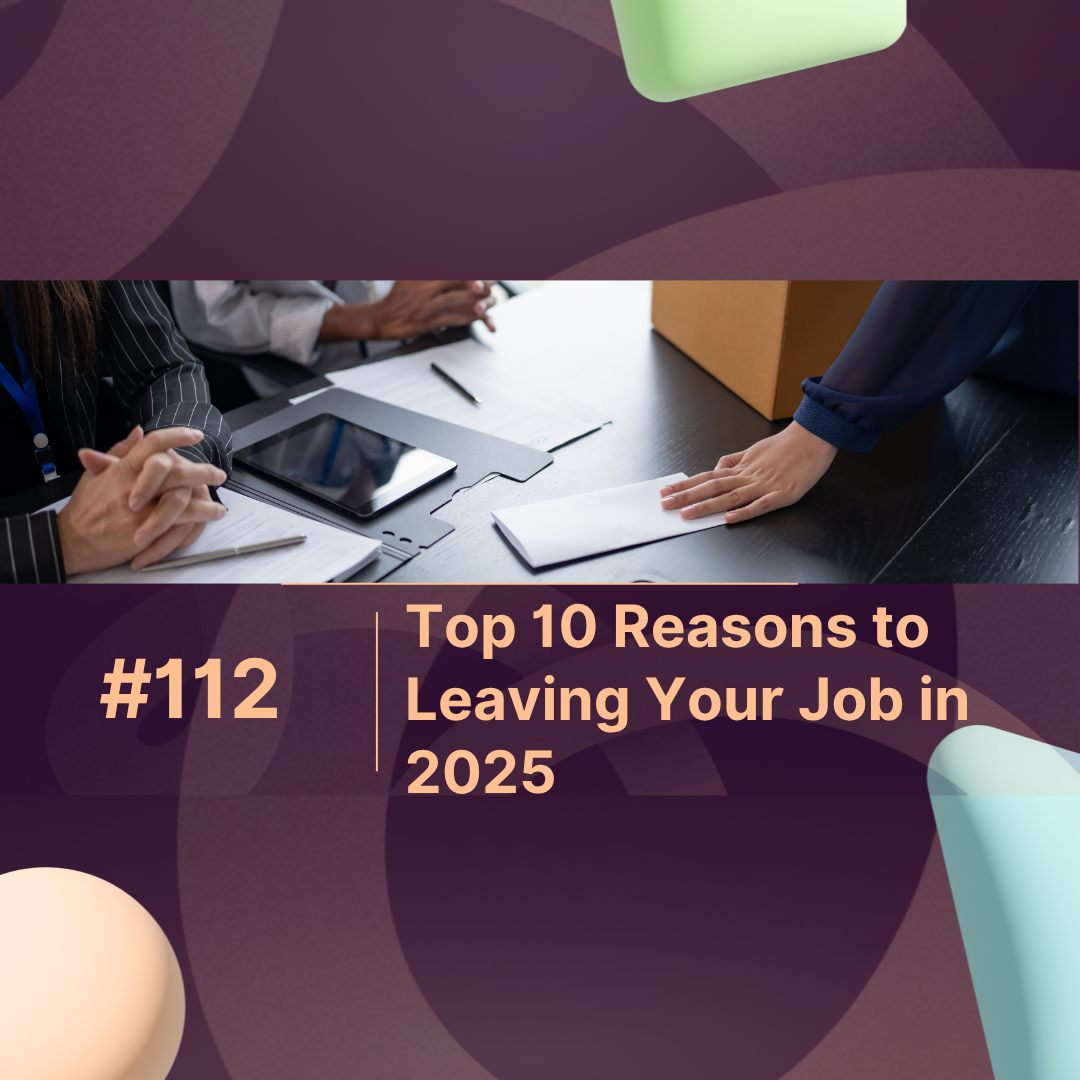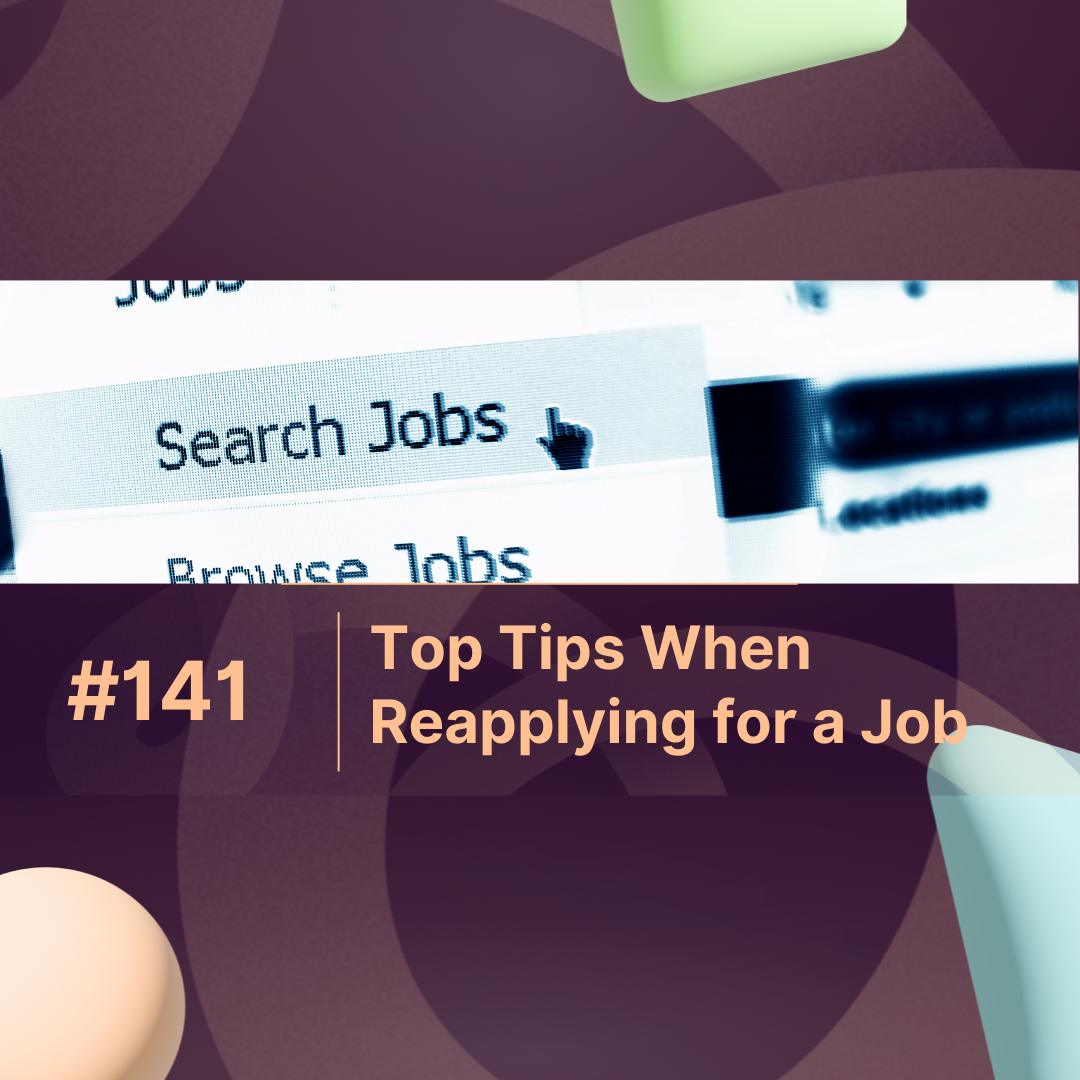Overview
Thinking about quitting your job this year? You’re not alone. In 2025, a growing number of professionals are rethinking career priorities, workplace culture, and personal fulfillment. According to a recent LinkedIn Workplace Study, nearly 42% of employees in the UAE and GCC region are actively considering a career change or a new role.
In this guide, we’ll explore the top 10 reasons to leaving your job, backed by current data and career trends. Plus, we’ll share how tools like MaxProfile, an AI-powered resume builder, can help you transition smoothly into your next opportunity.
Direct Answer:
The most common reasons to leaving your job in 2025 include lack of growth opportunities, poor management, toxic culture, burnout, and misaligned values. Many professionals are prioritizing flexibility, better pay, and meaningful work over traditional job security.
Top 10 Reasons to Leaving Your Job in 2025
| Rank | Reason | Percentage of Employees Citing This (2025 Survey) | Key Insight |
|---|---|---|---|
| 1 | Lack of Career Growth | 63% | Employees seek mentorship, skill-building, and promotions. |
| 2 | Burnout & Overwork | 57% | Long hours and poor work-life balance push professionals to quit. |
| 3 | Low Salary or Benefits | 54% | Inflation and market competition drive salary expectations higher. |
| 4 | Poor Management | 48% | Leadership issues and lack of feedback impact retention. |
| 5 | Toxic Workplace Culture | 45% | Negative environments harm mental health and morale. |
| 6 | Better Opportunities Elsewhere | 41% | The job market is full of remote and global options. |
| 7 | Lack of Flexibility | 39% | Employees expect hybrid or remote work models post-2024. |
| 8 | Skills Mismatch | 33% | Workers leave when their abilities are underused or outdated. |
| 9 | Company Instability | 28% | Layoffs and unclear direction reduce job confidence. |
| 10 | Desire for Purpose | 26% | People want meaningful, value-driven work in 2025. |
(Data Source: LinkedIn Future of Work Report, 2025)
1. Lack of Career Growth
In 2025, career stagnation remains the top reason people switch jobs. Professionals expect advancement pathways and upskilling opportunities. When promotions stall or learning stops, motivation declines — prompting a search for roles that offer continuous development and leadership growth.
2. Burnout and Mental Exhaustion
After years of hybrid work, burnout has become more widespread. According to Gallup, 57% of global employees experience moderate to high levels of burnout. Companies that fail to address this risk losing top talent to competitors with better wellness programs and work-life balance.
3. Low Salary and Compensation
With living costs rising across the UAE and beyond, fair compensation is critical. Employees now compare offers globally, not just locally. If your current pay doesn’t reflect your value, exploring new opportunities becomes a logical step.
4. Poor Management and Communication
Bad leadership drives resignation faster than almost any other factor. Workers today value transparent communication, feedback, and empathy. A disengaged or authoritarian manager can quickly erode morale and loyalty.
5. Toxic Work Culture
Workplace culture can make or break your experience. A toxic environment — marked by gossip, favoritism, or exclusion — leads to higher turnover rates. Modern professionals increasingly prioritize respect, inclusivity, and purpose-driven missions over brand prestige.
6. Better Opportunities Elsewhere
The rise of AI-powered hiring platforms and remote work means global opportunities are just a click away. Many professionals are leaving local jobs for international positions that offer flexibility, better pay, and skill alignment.
7. Lack of Flexibility
Rigid 9-to-5 office schedules feel outdated in 2025. With hybrid and remote models now mainstream, employees expect flexibility in where and when they work. Companies that resist adapting face higher attrition.
8. Skills Mismatch
A growing number of professionals are realizing that their skills are being underutilized. If you’re not challenged or learning, it’s natural to explore roles that align better with your expertise or industries that offer reskilling opportunities.
9. Company Instability
From restructuring to layoffs, company uncertainty creates anxiety. When employees lose trust in an organization’s direction or leadership, they often begin planning their exit proactively.
10. Desire for Meaning and Purpose
Finally, purpose matters more than ever. A 2025 Deloitte survey revealed that 65% of Gen Z professionals would leave a job if it didn’t align with their values or contribute positively to society.
Preparing for Your Next Move: The Smart Way
If you’re among those considering a transition, don’t rush — plan it strategically. Before submitting your resignation:
-
Review your financial safety net (3–6 months of expenses).
-
Update your resume and LinkedIn profile.
-
Build a personal portfolio or skills showcase.
Use MaxProfile, the AI-powered resume builder, to instantly create personalized CVs and cover letters optimized for job boards and recruiter systems. It analyzes your skills, suggests better phrasing, and aligns your resume with 2025’s hiring algorithms.
Conclusion
Leaving a job can feel uncertain but in 2025, it’s often a sign of progress, not failure. Whether you’re chasing growth, flexibility, or balance, remember: your next career step should align with both your values and long-term goals. With the right planning and AI-driven tools like MaxProfile, your next move could be your best one yet.
Frequently Asked Questions (FAQs)
1. What are the most common reasons to leaving your job in 2025?
The main reasons include lack of growth, burnout, low pay, poor management, and toxic culture.
2. Is it okay to leave a job without another one lined up?
Yes, but only if you have financial stability and a clear plan for your next step or skill upgrade.
3. How can I explain my resignation during interviews?
Be honest but positive. Focus on professional growth, alignment with goals, or learning opportunities.
4. What should I do before quitting my job?
Update your resume, build your LinkedIn presence, and plan your finances. Tools like MaxProfile can streamline this.
5. How do I know if it’s the right time to leave?
If you’ve outgrown your role, lost motivation, or no longer align with your company’s values — it’s time to explore new options.



